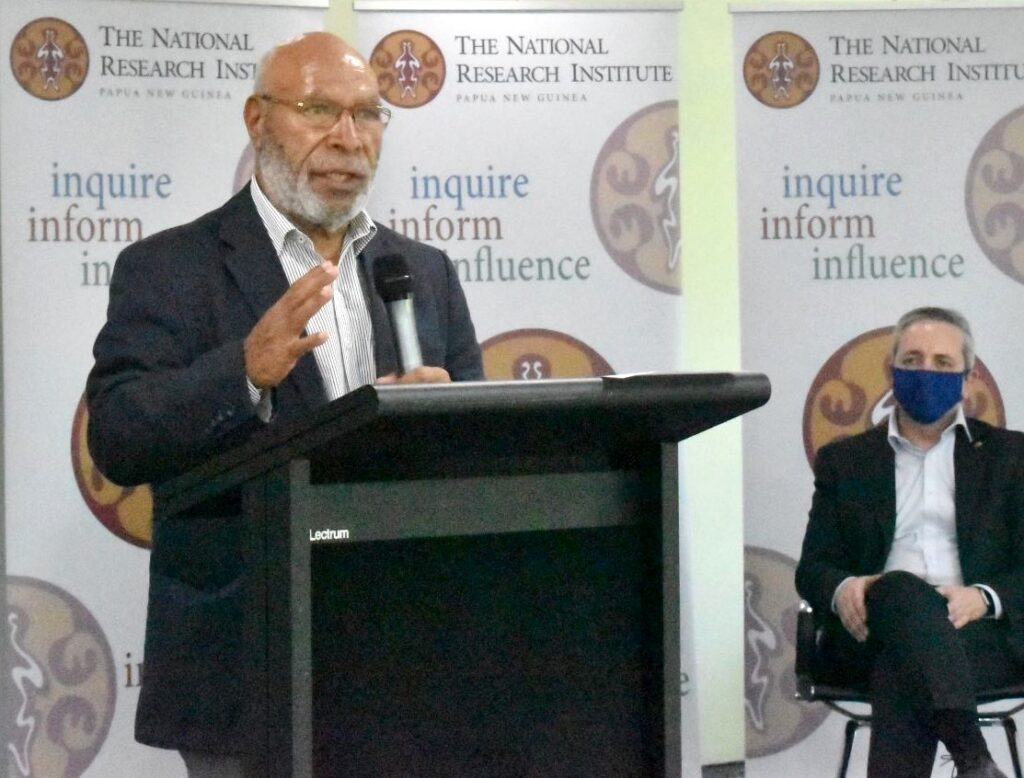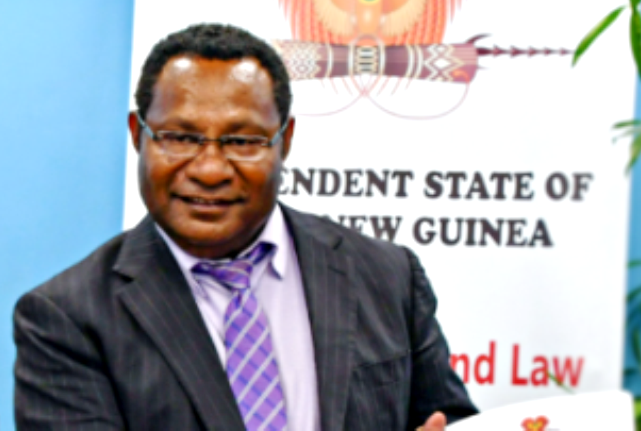DIVISION of powers and functions in the current system of government needs to be clearly spelt out as it plays a huge role in the functions and responsibilities of the basic service delivery to the people.
Dr. Thomas Webster of the Papua New Guinea National Research Institute (PNGNRI) made these remarks as part of the ongoing fortnightly seminar into the Autonomy and Decentralization Research Project which he heads.

The fourth seminar held on Wednesday, September 8 brought together the Secretary for the Constitutional Law Reform Committee (CLRC), Dr. Mange Matui, who shared some of the insights as to what CLRC is doing to improve the system.
Dr. Mange Matui said it would take some 30-50 years for a system to be entranced given the shift in the number of years the country had come through since independence.
He said the problem with the current system that we have is having decision makers at all levels of government but the failure lies on who is going to implement those decisions.
“We have a politician at the national level, the same in the provincial level, and the local level, and who will implement?
“Can we give some space somewhere for implementation?
“By looking at the current system that we have, we should be allowing for implementation which is not provided for in the system that we have right now,” Dr. Matui said.
He said a lot of revenue generation and creation is basically taken away from the provinces given the system that is currently in place.
“What needs to be done is to allow the system to be entranced so that we looked at the system that has worked and then probably with one or two things along the way.
Dr. Matui also made mention of the recent CLRC report which focuses on the issue relating to provincial decentralization.
The report states that each province must be allowed to make their own decision and to have their own autonomy.
“In having their own autonomy they can be allowed to make their own decision, to generate their own revenue and to select their own destiny.
“I think that is the way the country is going now.
“We should be looking into going into that direction,” Dr. Matui said.
The research project focuses on achieving the second pillar of the National Goals and Directive Principles which allows “for all citizens to have an equal opportunity to participate in, and benefit from the development at the sub-national level and at different geographical location of the country.”
A total of four seminars have already been conducted with participants including senior government officials and academics who were present to share their experience and have their views heard.
The fifth and final seminar will be held next fortnight before a weeklong conference which is set to take place starting October 19, 2021.

